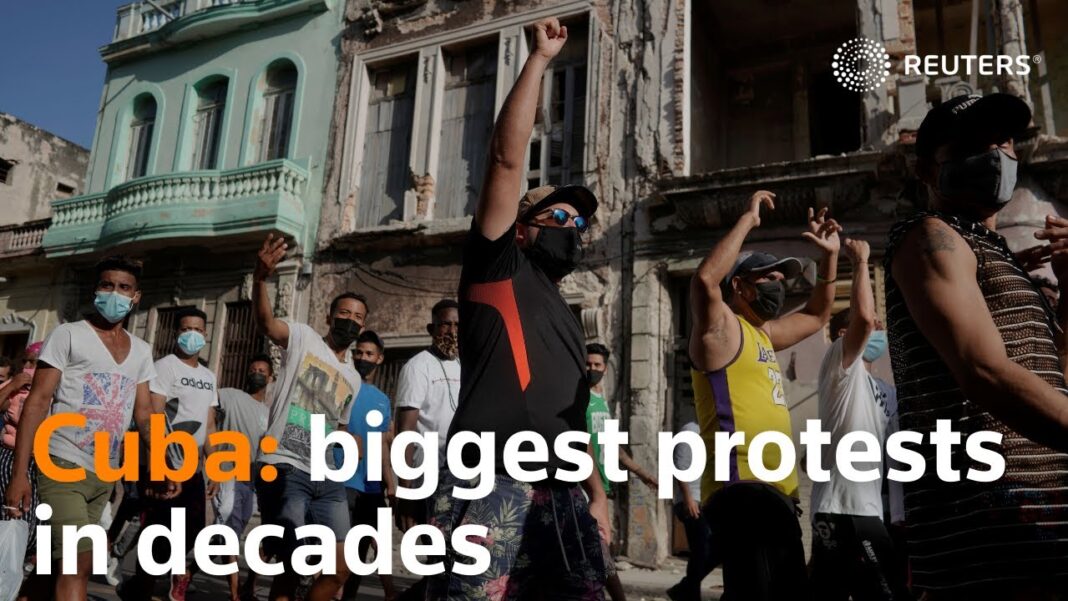U.S. dollar’s status as global reserve currency at risk amid CCP-backed IMF plan to boost global liquidity by funneling $650 billion to governments and pharmaceutical interests
A controversial plan to boost global liquidity means the days of the U.S. dollar being the undisputed king of the international monetary system may be coming to a close, experts told The Epoch Times.
Losing that status could contribute to a serious crisis for the United States involving a dramatic loss of economic purchasing power, a geopolitical realignment and everything associated with those shocks.
The Biden administration-backed International Monetary Fund (IMF) proposal to issue an unprecedented $650 billion U.S. dollars’ worth of new “Special Drawing Rights” (SDRs) this year alone will also help re-shape the international financial system.
That is more than twice the total amount of SDRs created by the IMF throughout its entire history.
The SDR is a sort of proto-global currency, based on a basket of leading currencies, dubbed an “international reserve asset” by the IMF. Each government receives an amount of SDRs proportional to its stake in the international organization.
The unprecedented new issuance, which has the support of both Beijing and Washington, will contribute to sidelining the U.S. dollar’s role as the global reserve currency, analysts warned. The Chinese Communist Party is expected to be a leading beneficiary.
“The United States and our G7 partners are actively considering a global effort to multiply the impact of the proposed Special Drawing Rights (SDR) allocation to the countries most in need,” the White House said in a statement.
For well over a decade, leading commentators and even political leaders around the world—including Communist Chinese central bank officials and numerous European leaders—have called for making the SDR into a true global currency.
Those calls are growing amid the push for a “Great Reset.” The “reset” plan, which would transform everything from business to governance, is being promoted by the United Nations, the World Economic Forum, the IMF, the British monarchy and other power centers as a way to improve the world.
Ostensibly aimed at making the world more “green” and “sustainable,” the shift would require a much larger role for the public sector at the national and international level while moving the world away from what remains of the free-market system. Widespread proliferation of new technologies associated with the “Fourth Industrial Revolution” are a critical component of the effort, too.
BY ALEX NEWMAN
Read Full Article on TheEpochTimes.com








